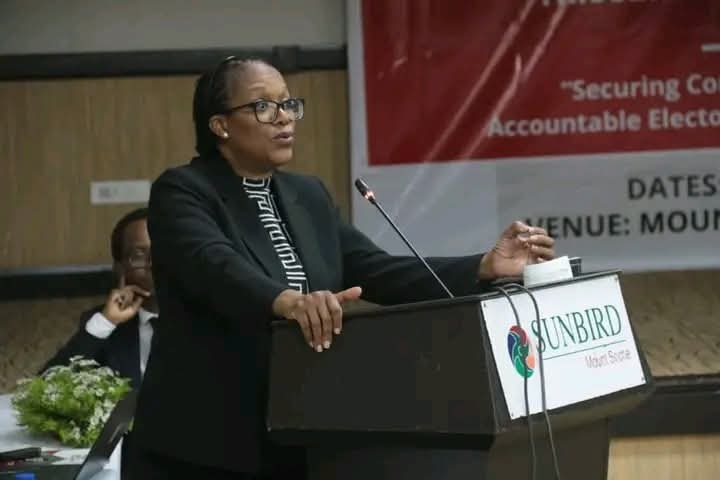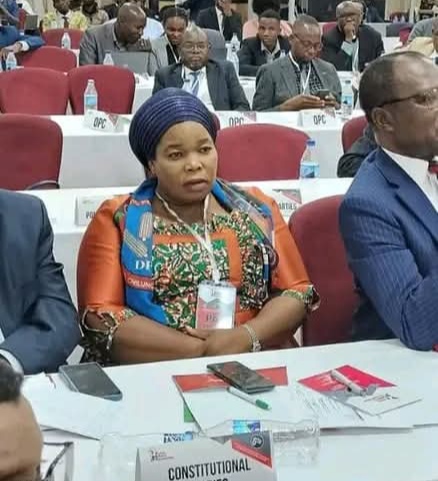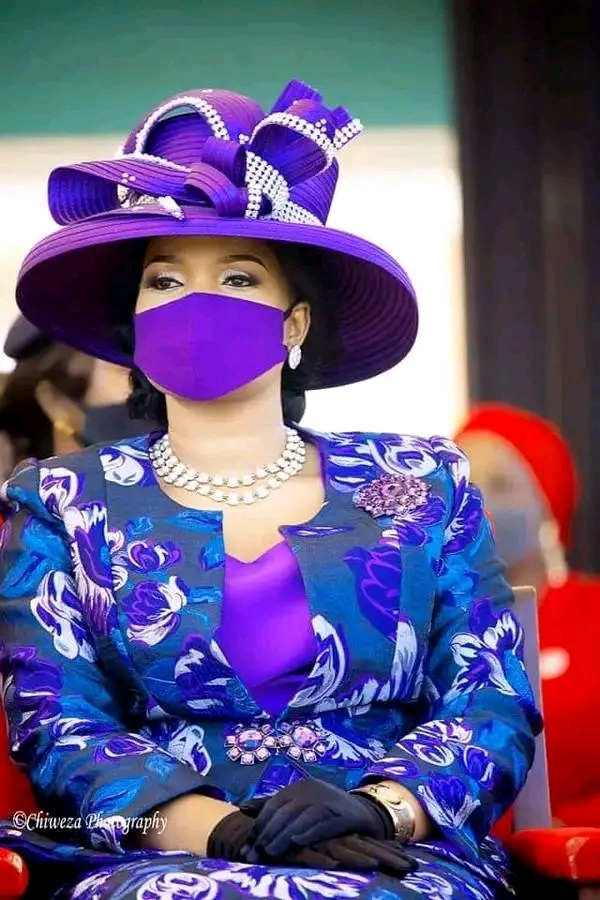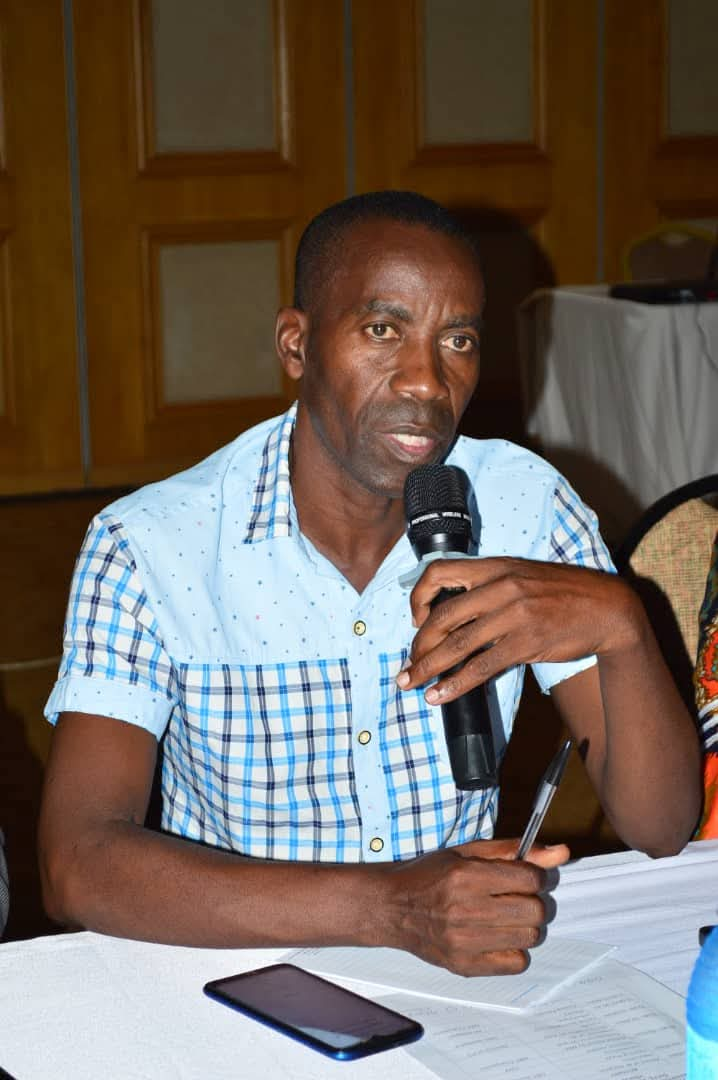
Relentless opposition political parties in the country including the Democratic Progressive Party (DPP), the United Democratic Front (UDF), the People’s Party (PP), and the United Transformation Movement (UTM), have reiterated their call for the Malawi Electoral Commission (MEC) to conduct the transmission and counting of election results manually, rather than relying on the internet.
During the annual conference organized by the Public Affairs Committee (PAC) in Blantyre on Tuesday, representatives of the opposition parties argued that the manual process would enhance transparency and public trust in the electoral process.
In her bold statement Jean Mathanga, who heads electoral affairs in the DPP, said, “We want the upcoming elections to be credible and acceptable to all stakeholders.
“This is why we are requesting that result counting and transmission be done manually.”
In her remarks, Aisha Mambo Adams, UDF’s women’s wing leader, emphasized that in an election, perception is everything.
She said: “If the public suspects the process is compromised because of digital transmission, then the legitimacy of the results will be questioned.”
Ben Chakhame, Secretary General of the People’s Party, also weighed in, stating that they are not against technology, but for an election to be deemed fair and transparent, every step must be verifiable and inclusive.
He added that a manual system can provide that assurance in the context.
In response to the concerns, MEC Chairperson Annabel Mtalimanja assured the stakeholders that their views would be considered, and a consultative meeting would be held soon to discuss procedures surrounding the handling of election results.
“The Commission will soon invite all concerned parties to a meeting where we can collectively discuss the approach for managing election results,” Mtalimanja said.
However, she also made it clear that the Commission will not be swayed by external pressure.
“While we value stakeholder input, MEC cannot be dictated to. We are guided by law and will follow procedures that ensure both credibility and efficiency,” she added.
Mtalimanja also cautioned political groups and the public against spreading unverified claims on social media.
“If there are issues or concerns, our doors are open. Come to us directly rather than rushing to post baseless allegations on online platforms,” she urged.
As Malawi approaches the next election cycle, debates on the integrity and transparency of the electoral process continue to shape public discourse, with various political players demanding greater accountability from MEC.
Again, Mtalimanja has defended the Commission’s decision to move the National Tally Centre from Blantyre to Lilongwe, stating that the move was aimed at reducing operational costs associated with the transportation and coordination of electoral results.
Mtalimanja explained that Lilongwe, being centrally located, makes logistical sense as it will ease the movement of election materials and officials from all regions of the country.



